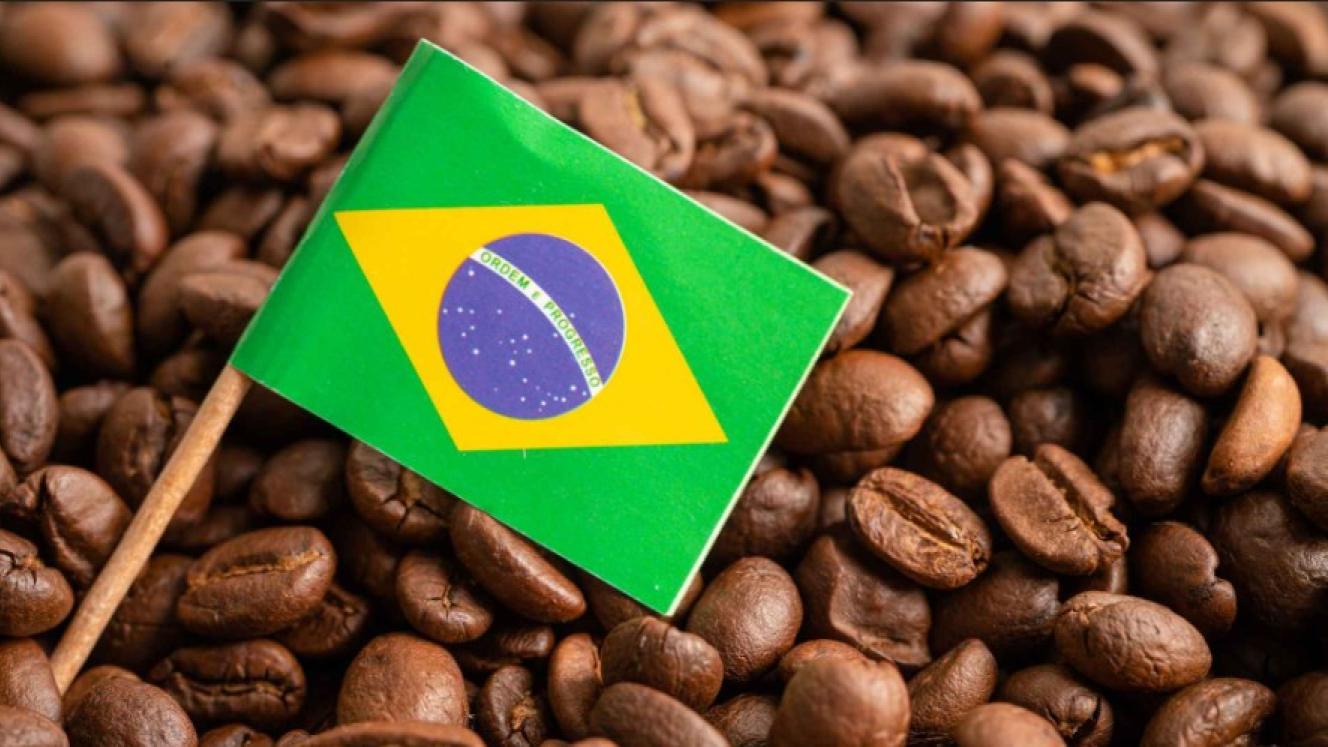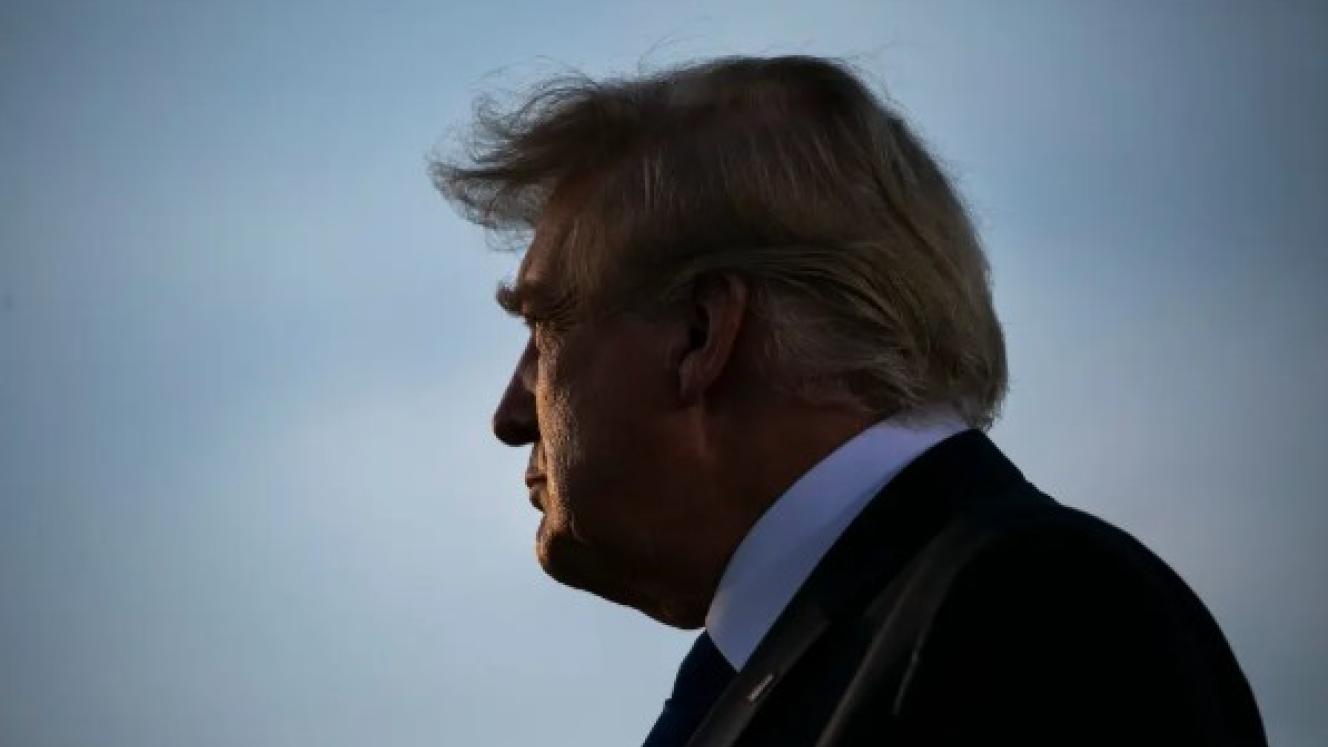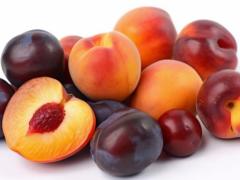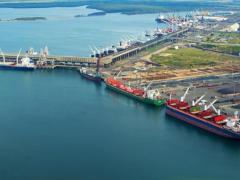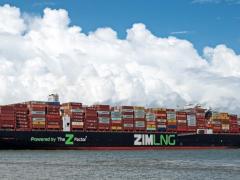Alternative market sourcing by exporters affected by US tariff increases could stimulate lower prices of certain commodities, such as the most important beverage of every day – coffee.
Currently, global prices of humankind’s most popular stimulant in a mug remain high, driven by supply constraints caused by weather events in Vietnam and challenges faced elsewhere by key coffee-producing countries.
As of mid-August, the price of coffee reached around $345 per pound, marking an increase of about 18.3% over the past month and nearly 41% higher compared with the same time last year.
The price increase reflects tight global supplies, with Arabica coffee stocks at a 14.5-month low and concerns over potential future yield reductions due to below-average rainfall in Brazil's main coffee-growing regions.
But the 50% tariff on Brazilian coffee imports by the United States could favour alternative import destinations.
It’s been widely reported that tariff pressure creates uncertainty for Brazilian exporters who need to find new markets beyond the US.
Some economists and market observers suggest that Brazil may be forced either to quickly secure new buyers or to sell coffee at lower prices in alternative markets like South Africa to offload inventory.
This redirection of exports could potentially lead to a short-term reduction in global coffee prices or local price relief in countries receiving diverted shipments, as Brazil may discount prices to compete for new buyers under the tariff constraints.
National Agricultural Marketing Council (NAMC) economist Thabile Nkunjane has explained that every country is seeking alternative markets for the products previously sent to the US.
Although exporters and freight forwarders have made it clear that market alteration is easier said than done, it’s likely that there could be an influx of some of these products in other markets.
For South Africa, this could be positive news regarding coffee imports. Brazil, which supplies the majority of the local market, faces the dilemma of quickly securing new buyers or having to sell its coffee at discounted prices.
Finding new markets entirely was unlikely, Nkunjane said. Rather, Brazil would probably choose to sell its coffee at relatively lower prices. For South African buyers, this represented a bargain when importing Brazilian coffee.
Bottomline? South African consumers could experience some relief in coffee prices as Brazil and other coffee-producing nations redirect their exports away from the US market.
For everyday coffee drinkers, this could soften the impact of months of price increases, even if only temporarily.
If the price reprieve indeed comes to pass, Nkunjane cautioned that it would most likely be short-lived. Brazil’s coffee industry remains vulnerable to unpredictable weather conditions, and further production shortfalls could cause prices to rise again.
Brazil may also choose to diversify its markets rather than flooding traditional partners with cheaper coffee, which would limit the benefits that South Africa ultimately receives.
